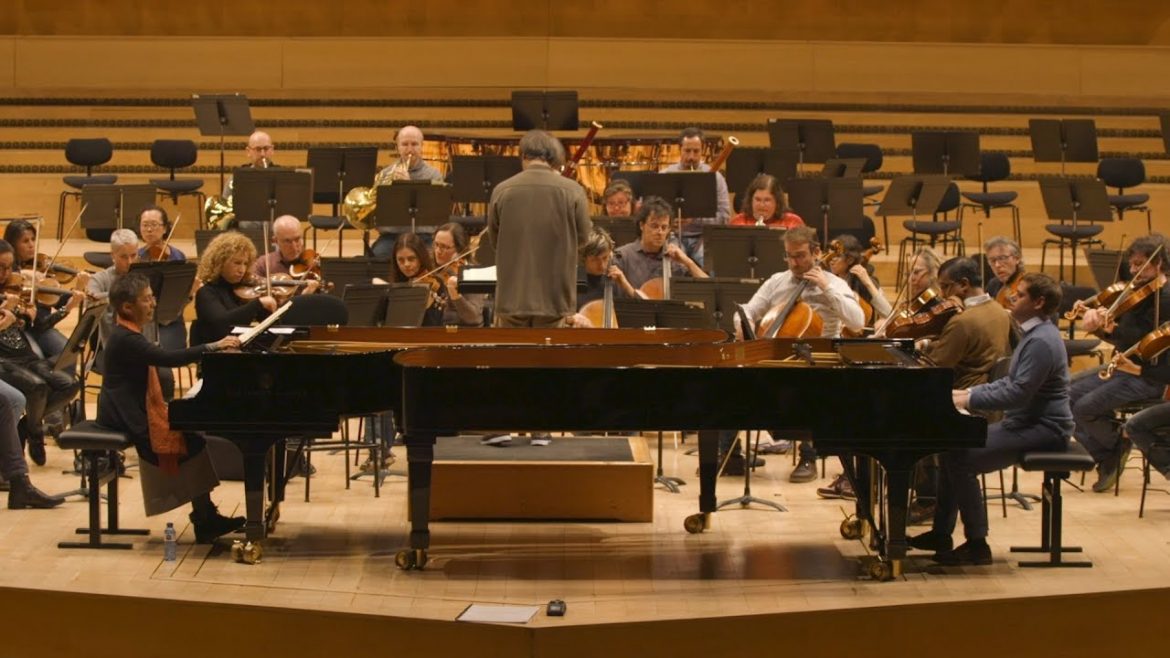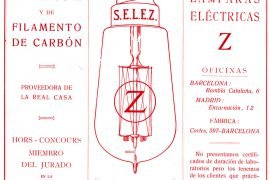The Concerto for two pianos and orchestra, which Wolfgang A. Mozart composed while thinking of his sister Nannerl (the brilliant foil to so many of the games proposed in his pieces), brings together two pianists with very special stories, which both deserve to be told. Ignasi Cambra is a young pianist who shuns being described as a prodigy or virtuoso. Smiling, he argues against some of the prejudices that could weigh against him and take away from his talent as a pianist, while under the pretext of playing in his favour.
To count on the support and selfless collaboration of a piano legend such as Maria Joao Pires, could never be the result of luck or a chance circumstance. The Portuguese pianist, alma mater of the Partitura Project, which offers guidance for promising young pianists, maintains a one-on-one dialogue with Ignasi in the concert hall. Their complicity is plain to see in the general rehearsal, and of course also when it counts in the live performance, when they give the audience a beautiful encore: the first movement of the Sonata for four hands in D major.
We follow Ignasi as he prepares for the concert, as he practices before meeting Pires. A study with three grand pianos, one played by each of the soloists (Ignasi and Keiko Ueno, playing the part of Maria Joao Pires), and a third representing the orchestra (Anna Tarré). It is possible to appreciate the complexity of the piece in a lighter way, as he reminds us later in his home, in an interview filled with anecdotes. Ignasi Cambra shows a tremendous awareness of his role as a musician, a responsibility that begins with the music itself, but transcends the limits of any artistic practice. Whether or not seen as a gift, the ability to give a shape to what you hold inside, through hard work and sacrifice, while also instilling the same feeling in others, gives the pianist’s profession a sense of morality.
It is impossible to determine a priori whether Ignasi will follow in the footsteps of his mentor in terms of international recognition. Because in this sense, there are a host of external circumstances that intervene. But there is no doubt that his talent as a pianist and his warmth as a person will light up the path for many others. It is far from his goals to be an example of anything. And yet, he inspires admiration. He is an example of human potential, both unfathomable and also wonderful, while illustrating the moral human dimension that implicitly or explicitly accompanies our life course.




















